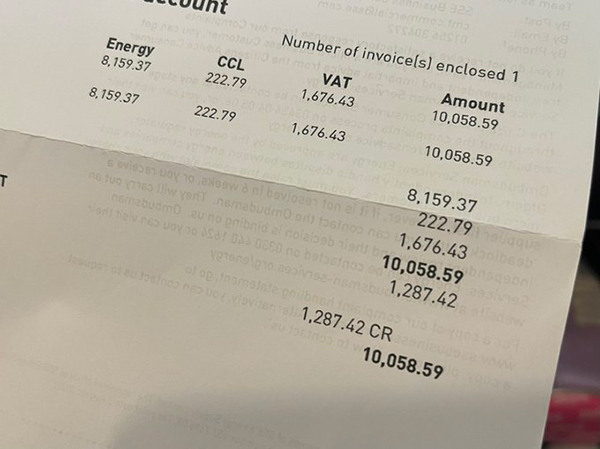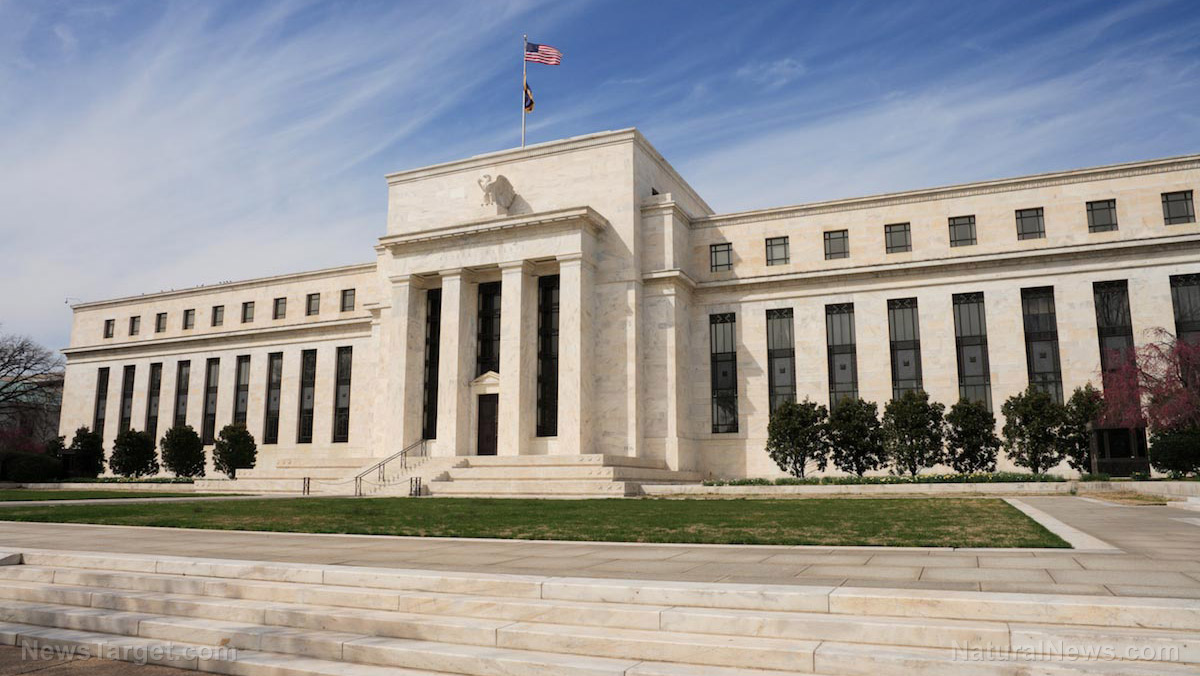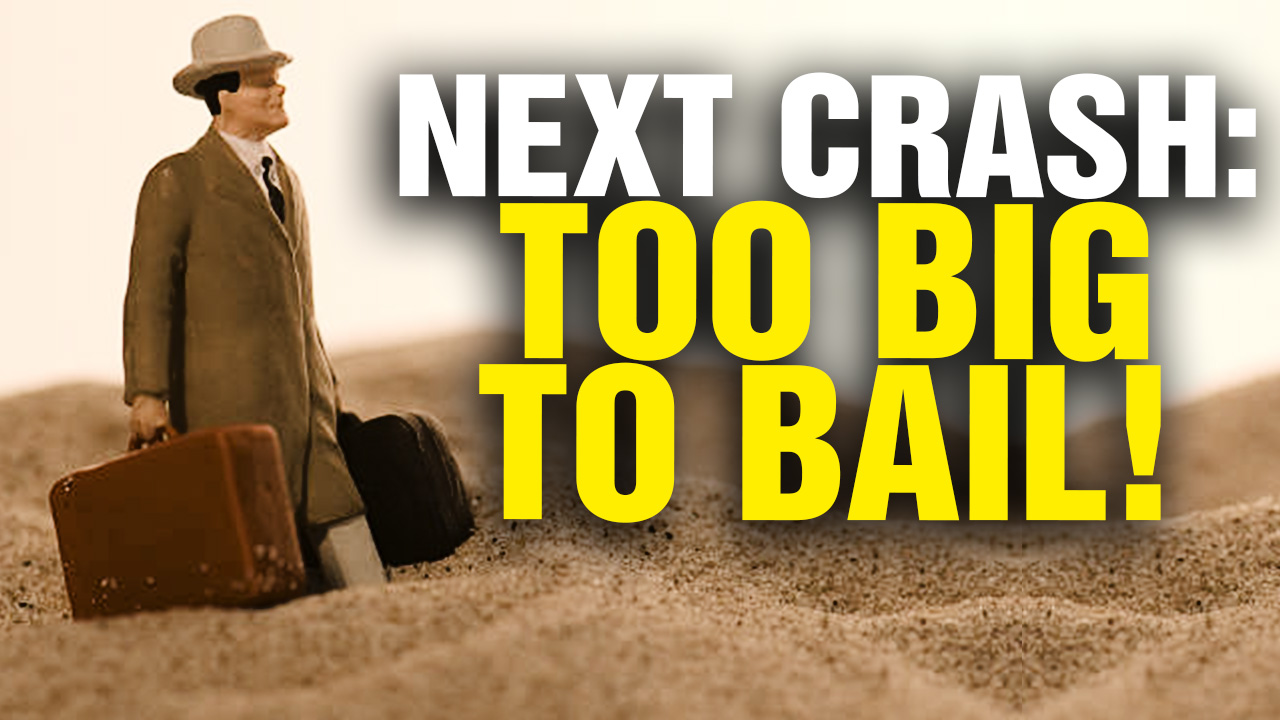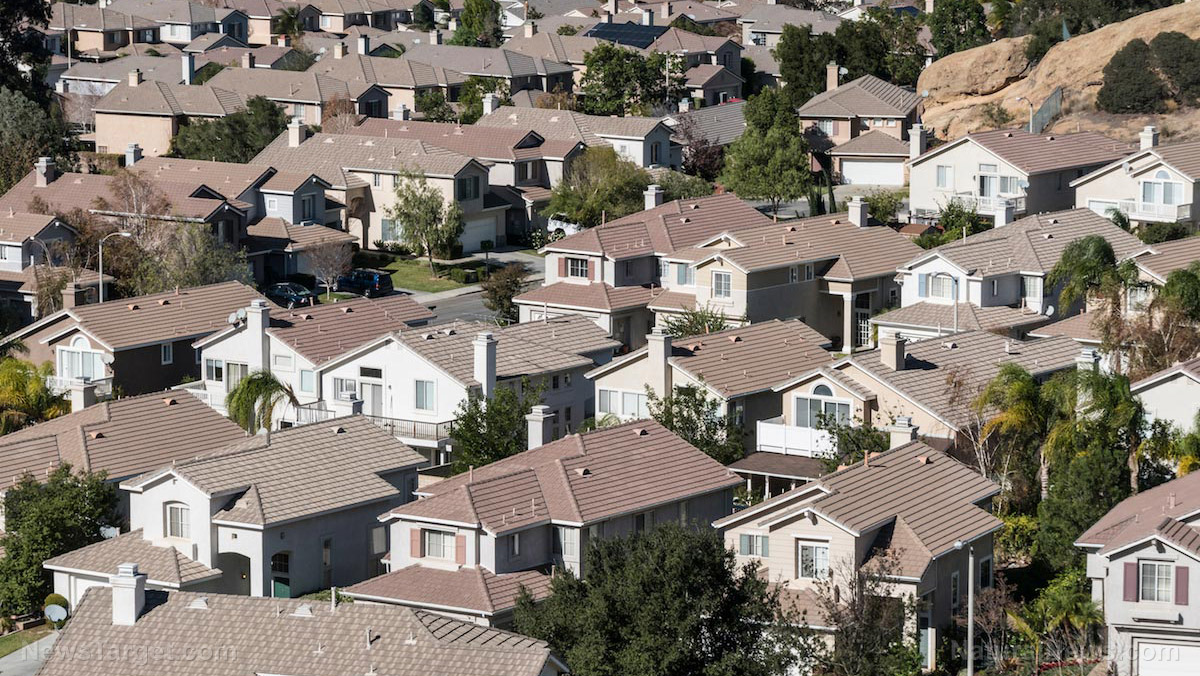Air Force veteran left HOMELESS after tenants refuse to pay rent because of government “protections” for squatters
09/03/2021 / By Arsenio Toledo
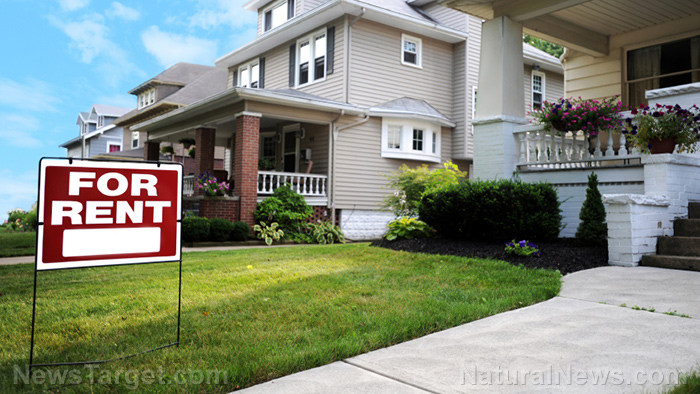
An Air Force veteran and landlord in upstate New York said she has been left homeless and forced to sleep in her car because her tenants owe her thousands of dollars from uncollected rent. Unfortunately, she is unable to kick them out due to New York’s eviction moratorium.
The veteran in question is Brandie LaCasse. In an interview with mainstream media outlet CBS News, she said she has been staying with friends and sleeping in her car with her young daughter.
Early on in the Wuhan coronavirus (COVID-19) pandemic, with the federal eviction moratorium in full swing, LaCasse notified her tenants that they had to move out so she and her daughter could move in. In response, the tenants stopped paying rent and refused to leave.
“I’ve cried many nights, like thinking, ‘Where’s my money?'” she said. “I don’t understand how they can give my private property to somebody to live for free. I bought that property. I fixed it up with my blood, sweat and tears.”
“I invested in these properties, never thinking I wouldn’t have a place to live,” she added. “I just want my house. That’s it. I just want my house.”
The federal eviction moratorium protected renters at the expense of homeowners who were deprived of their private property and a potential source of income during a pandemic. Federal funds were even earmarked to help renters pay off their rents.
New York received $2.6 billion in federal funding for rental assistance. But only around eight percent of that has been properly allocated, and homeowners like LaCase have suffered greatly because of this.
According to one report, around 10 percent of all landlords in the United States collected less than half of their yearly rent in 2020. The most affected are small landlords like LaCasse who only own between one to five properties. They were more likely to have tenants that were “deeply behind” on their rent.
“One thing that’s very clear is we have no housing safety net,” said Vincent Reina, the co-author of the report and a housing policy expert. “We’re forcing low-income households and owners to essentially bear the cost of that in this current moment. And that’s unfair to both parties.”
Carla McArthur, one of LaCasse’s tenants, said she is unable to pay rent because of childcare costs for her daughter and autistic son.
“I feel bad that I have not been able to pay her,” said McArthur. “We’ve gone from two incomes. I had COVID-19 twice. My kids all have had it once. My husband’s had it once. We’ve been affected by the virus.”
McArthur applied for rent relief in New York and her application has been approved. But the state still has not provided LaCasse with the funds. Now, she fears her family may be left homeless because of her inability to pay rent.
“That’s what I’m afraid of, being homeless,” she said.
LaCasse is owed more than $23,000 in unpaid rent. She is unable to collect and also unable to kick her non-paying tenants out even though the Supreme Court has already taken down the federal eviction moratorium. (Related: Supreme Court strikes down CDC eviction moratorium.)
New York extends state eviction moratorium
In response to the repeal of the federal eviction moratorium by the Supreme Court, New York Gov. Kathy Hochul and other top Democratic officials scrambled to extend the state’s eviction moratorium.
New York’s previous eviction ban expired on Aug. 31. But on Sept. 2, state lawmakers extended the state’s eviction moratorium to Jan. 15, 2022.
The moratorium extension came after Hochul met with the State Assembly Speaker and the Senate Majority Leader, both Democrats, and ordered them to convene a special session of the state legislature to vote on it.
This moratorium is expected to prevent landlords from evicting thousands of events who are still unable to pay rent. But as a compromise for landlords like LaCasse, homeowners will have broader power to challenge tenants who they doubt are actually suffering financial hardship.
Those landlords that doubt the supposed financial difficulties of their tenants now have the right to request a hearing in a housing court to contest their tenants’ claims.
The expanded rights for landlords is a response to Supreme Court rulings regarding New York’s previous eviction moratorium. Before the rulings, tenants were allowed to self-attest on forms that they faced financial hardship without providing any kind of evidence. The court found that this was a potential violation of the homeowner’s right to due process.
State leaders said the extra four-month pause on evictions will give the state government more time to allocate federal rent relief funds for landlords. It is estimated that all the tenants in New York owe more than $2.2 billion in back-rent.
New York’s extended stay on evictions is the first to be passed since the Supreme Court’s overturning of the federal eviction moratorium.
Other than New York, other Democratic-controlled states have also circumvented the Supreme Court’s ruling with their own statewide eviction bans.
Illinois has an eviction ban until Sept. 19. California’s own moratorium will last until Sept. 30. New Mexico’s eviction moratorium is still in effect and state leaders have yet to announce an expiration date. New Jersey and Washington, D.C. have halted the processing of eviction cases until January of next year.
Learn more about how the Democrats are undermining the Supreme Court by reading the latest articles at JusticeDemocrats.news.
Sources include:
Submit a correction >>
Tagged Under:
big government, coronavirus, covid-19, debt, democrats, eviction ban, eviction moratorium, homeless, insanity, landlords, New York, pandemic, rent, renters, veterans
This article may contain statements that reflect the opinion of the author
RECENT NEWS & ARTICLES
COPYRIGHT © 2020 Debtbomb.news
All content posted on this site is protected under Free Speech. Debtbomb.news is not responsible for content written by contributing authors. The information on this site is provided for educational and entertainment purposes only. It is not intended as a substitute for professional advice of any kind. Debtbomb.news assumes no responsibility for the use or misuse of this material. All trademarks, registered trademarks and service marks mentioned on this site are the property of their respective owners.


